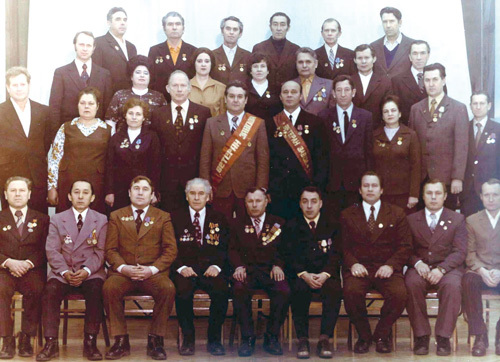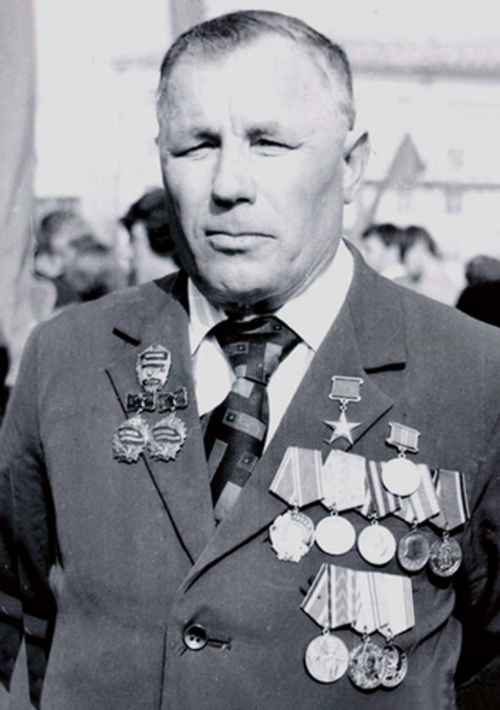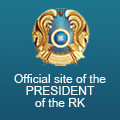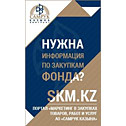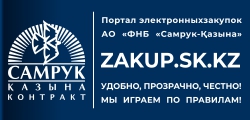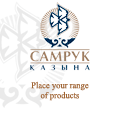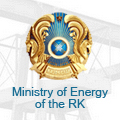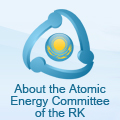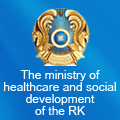65 anniversary of the BP
In the encyclopedic dictionary of the chemist it is written: «Beryllium is a rare element with a content of 0.0006% in the earth's crust.» The oxide of this element was discovered in 1798, and relatively pure beryllium was obtained in powder form only 30 years later.
For almost a century and a half, beryllium was not used for any industrial use. But the rapid development of scientific and technological progress in the twentieth century made it widely popular. This metal has become indispensable in the space and nuclear industries, electronics and radio engineering, aviation and automotive industries, and medicine. Beryllium-based construction materials are both light in weight, strong, and resistant to high temperatures.
However, as unique as the properties of this metal are, so unique are the technologies of its manufacture, and the people who produce it. In the distant 50s of the last century, the first steps were taken in the experimental production of shop No. 13 of the Ulba Metallurgical Plant to study and develop technologies for the production of beryllium compounds-beryllium hydroxide and oxide. These were difficult years both in finding solutions for the technology and hardware design of hydrometallurgical processes, and in matters of sanitary protection of personnel from the harmful effects of beryllium compounds, which turned out to be very toxic.
The heroic work of the pioneers was not in vain! The valuable experience gained in the course of the experiments allowed Building No. 1 (shop No. 1) to build the first beryllium processing plant for processing concentrates on an industrial scale, the first melting of which took place on January 7, 1956. During the next 10 years, almost all other beryllium processing was mastered: from the production of metal and structural beryllium to ligatures, alloys and products made from its oxide.
In the future, the technologies and production sites were significantly changed and modernized. Today, after 65 years, beryllium production is the largest industrial complex for processing all types of beryllium raw materials to a wide range of products: pure beryllium of different grades and its compounds.
The development and improvement of production and applied technologies is described in more detail in the book «Conquerors of Closed metals» (issued in 2004 and 2019). But behind all these achievements were concrete people who tirelessly built new buildings with their daily work (by the way, there are more than 20 of them in beryllium production), created and developed beryllium technologies, and improved production. A huge number of BP employees are awarded high government awards. The first head of shop No. 1, Alexander Ivanovich Marochnov (he led the shop for more than 23 years), was among the first to be awarded the Order of Lenin at the UMP.
The only Hero of Socialist Labor in the UMP – Vasily Kuzmich Efimenko, furnace operator – is also a beryllium man. It was he who, in July 2001, was entrusted with the first smelting of mineral beryllium concentrates at the ore-thermal furnace of shop No. 1, which was restored after a difficult period of production downtime in the 90s. The hydrometallurgical redevelopment was launched on the same day by the order-bearer Dmitry Petrovich Solopov. In total, there are dozens of holders of the Orders of Lenin, Labor Glory, the Red Banner of Labor, the October Revolution and the «Badge of Honor», many honored inventors and innovators, and laureates of various awards among beryl workers.
Many employees continued their careers outside of beryllium production in senior positions both at the UMP and at other enterprises of the former USSR.
The uniqueness of beryllium production also lies in the fact that the organization and operation of such an enterprise requires not only theoretical knowledge, but also specific work skills, the ability to apply them when conducting the most complex pyro– and hydrometallurgical processes on non-standard melting, pressing, gas cleaning and other equipment of various types and modifications.
Realizing the importance of owning beryllium technologies, Russia has been trying to create this industry for a quarter of a century, investing significant financial resources. However, such ambitious programs as LIBTON (1996), BERLIT (2010), competitions of the Ministry of Industry and Trade (2013) and the Ministry of Education and Science (2015) ended only with the creation of production facilities for processing secondary beryllium at the Basalt enterprise in Saratov. This was done with the help of former employees of the UMP, immigrants from the BP, who moved to Russia (Vladimir Dzutsev, Alexander Lepetov, Gennady Goryaev, Yuri Shalamov and others).
Assessing the valiant work of beryllium workers, it should be said that over the years of its 65-year activity, BP has produced more than four thousand tons of products in terms of beryllium. In the needs of today, this amount is enough to meet the needs of the entire Earth for this metal for 15 years. Is this not an indicator?!
And today beryllium production successfully continues to produce products. In economic terms, it is the undisputed leader of the UMP, providing stable foreign exchange earnings for the Republic of Kazakhstan. BP partners are a huge number of enterprises-consumers of beryllium products. They are located on almost all continents. Scientific and technical cooperation on beryllium technologies with the largest companies in Europe and Asia is also expanding. Beryllium producers play a crucial role in such global issues as, for example, the supply of beryllium materials for the ITER fusion reactor and the processing of irradiated beryllium extracted from research nuclear reactors.
On the day of the glorious anniversary, I sincerely congratulate all beryllium workers, both those who have finished their work, and those who continue to work, on the 65th anniversary of beryllium production. I wish you, dear friends, optimism, success in your work and new achievements, your families well-being and confidence in the future.
Keep up, Beryllium people!
Alexander BORSUK, Head of PTO
